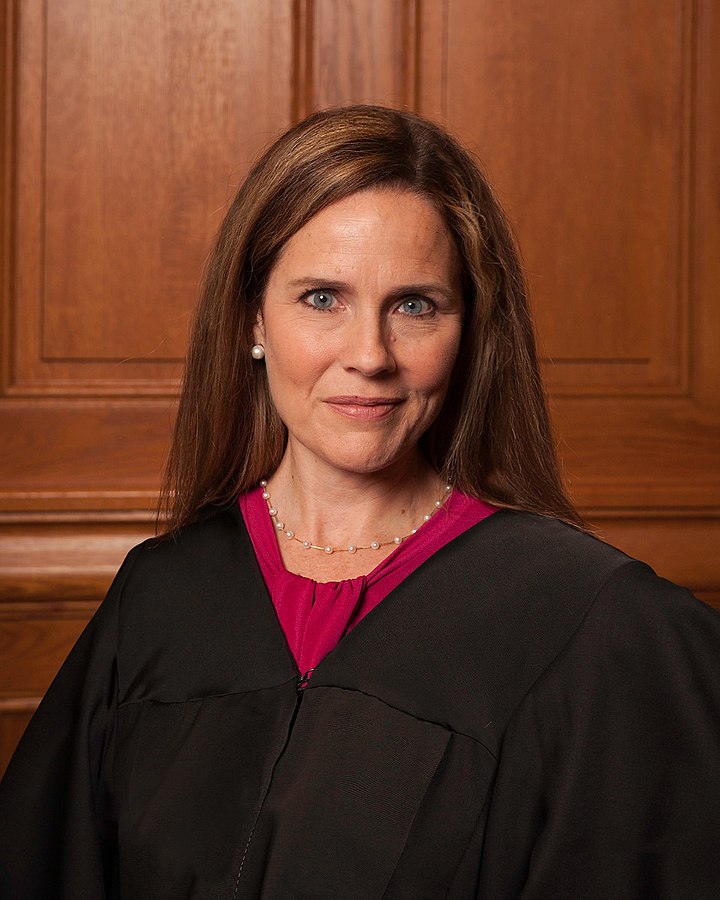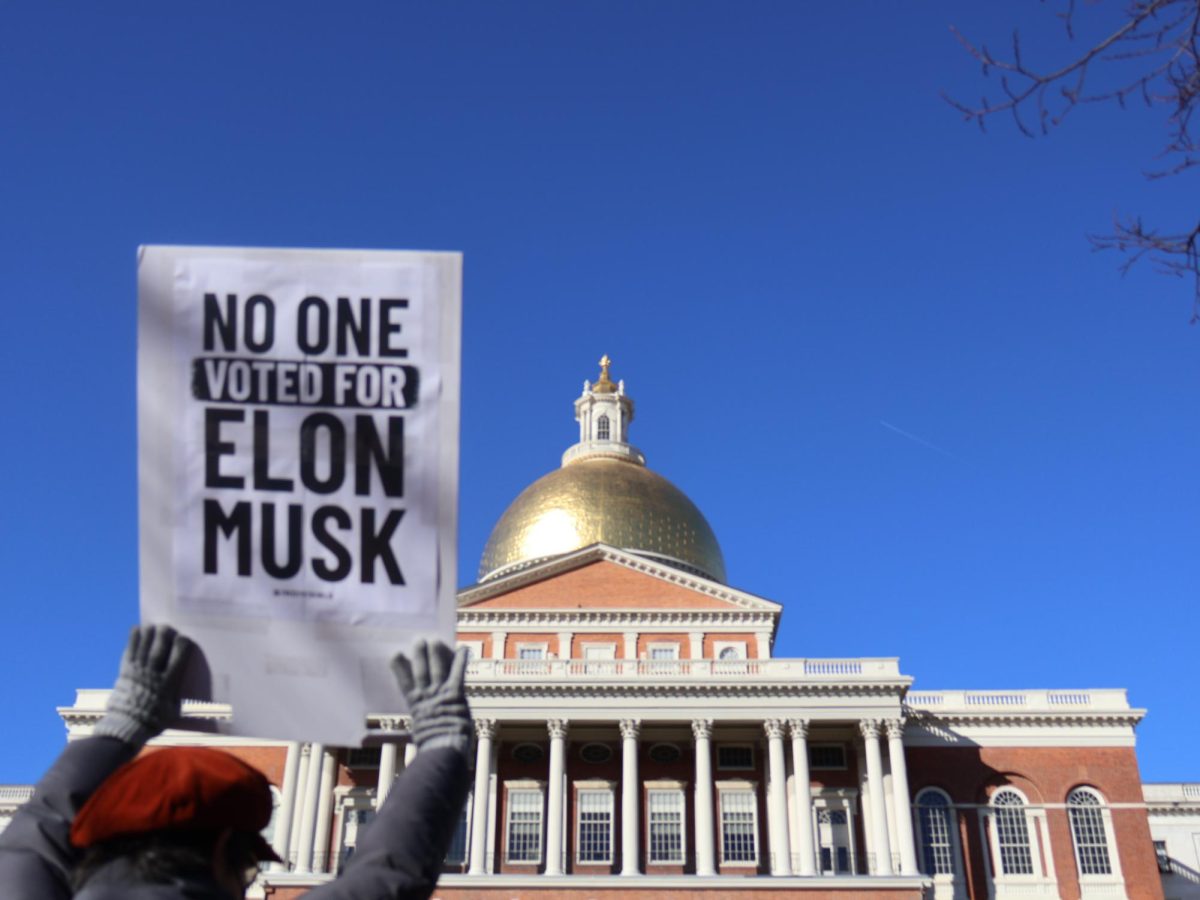President Donald Trump officially nominated Judge Amy Coney Barrett Saturday to fill the open seat on the Supreme Court.
Barrett would be the third Supreme Court Justice to be appointed during Trump’s first term as president.
Amy Vivian Coney was born on Jan. 28, 1972 to a Catholic household in New Orleans, Louisiana.
Barrett attended Rhodes College and then Notre Dame University Law School, before clerking for late Supreme Court Justice Antonin Scalia from 1998 to 1999.
Barrett was also a professor at her alma mater, Notre Dame Law School, joining the faculty in 2002, according to her NotreDame.edu profile. Barrett started serving in the U.S. Court of Appeals for the Seventh Circuit after her appointment by President Trump in 2017.
Barrett was originally one of the names floated by President Trump to take the seat of former Supreme Court Justice Anthony Kennedy after his retirement in 2018; a seat that was ultimately awarded to Brett Kavanaugh.
At 48 years old, Barrett would be one of the youngest judges in history to serve on the court.
Barrett’s nomination does not come without controversy, not only because her nomination comes just a little over a month before the presidential election, but because of the views she would bring with her to the bench. These views differ greatly from those of Ruth Bader Ginsberg, the woman whose seat she’s set to take after Ginsburg died at the age of 87 from metastatic pancreatic cancer on Sept. 18.
On the death penalty, Barrett stated in her 2017 Senate confirmation hearing to the Seventh U.S Circuit Court of Appeals that she “would recuse (herself) and not actually enter the order of execution,” due to conflict with her religious beliefs.
In an essay written in 2017, before the Senate confirmation, Barrett criticized Chief Justice John Roberts for his past opinion on a revision of the Affordable Care Act, stating that he “pushed the Affordable Care Act beyond its plausible meaning to save the statute.”
As for her stance on abortion, Amy Coney Barrett has made remarks about restrictions to Roe v. Wade being likely, while overturning the entire thing not as likely.
“I don’t think the core case, Roe’s core holding that women have a right to an abortion, I don’t think that would change,” Barrett said in 2016 at a Jacksonville University event, according to NPR.
After Justice Antonin Scalia passed away in 2016, Barrett did an interview with CBS News about the idea of replacing Scalia, a lifelong conservative, with former President Barack Obama’s liberal nominee, Merrick Garland. She stated in that interview that the appointment would “drastically flip the balance of power.”
Barrett’s appointment would make the Supreme Court have a 6-3 majority to the conservative side.
Carter Snead, a former colleague of Barrett’s at Notre Dame Law School, told The Washington Post that “(Barrett) the most disciplined person I know in terms of bracketing her own views and opinions as a judge. It’s a core principle of her own integrity.”
Barrett then went to work for the Seventh U.S Circuit Court of Appeals in 2017, where she continued to work as of the date of her Supreme Court nomination on Saturday.
In remarks made at her nomination in the White House Rose Garden on Saturday, Barrett commented that she would “be mindful of who came before” her. Barrett also brought up Ginsburg in her statement, praising Ginsburg for how “she not only broke glass ceilings, she smashed them.”
















Wendy Gibson • Jan 26, 2024 at 1:10 pm
Very disappointed in her action as with the chief Justice willing to allow the illegals to continue to flow into the country and not have them stopped. Why Oh Why would the two of them go along with the democrats is beyond me and several thousand people. Had high hopes for her but she proved herself and I have lost confidence in the the Judicial System even more.